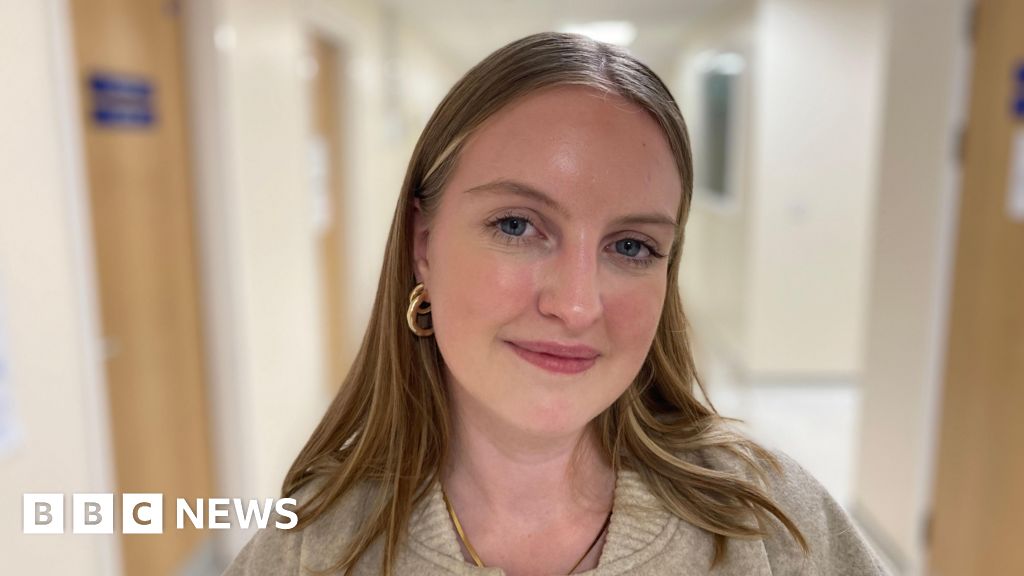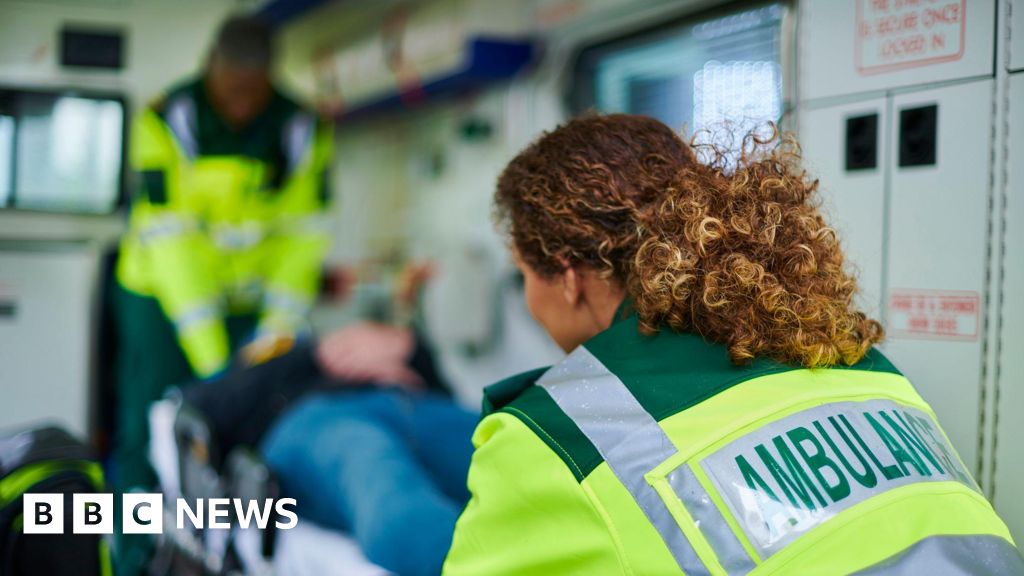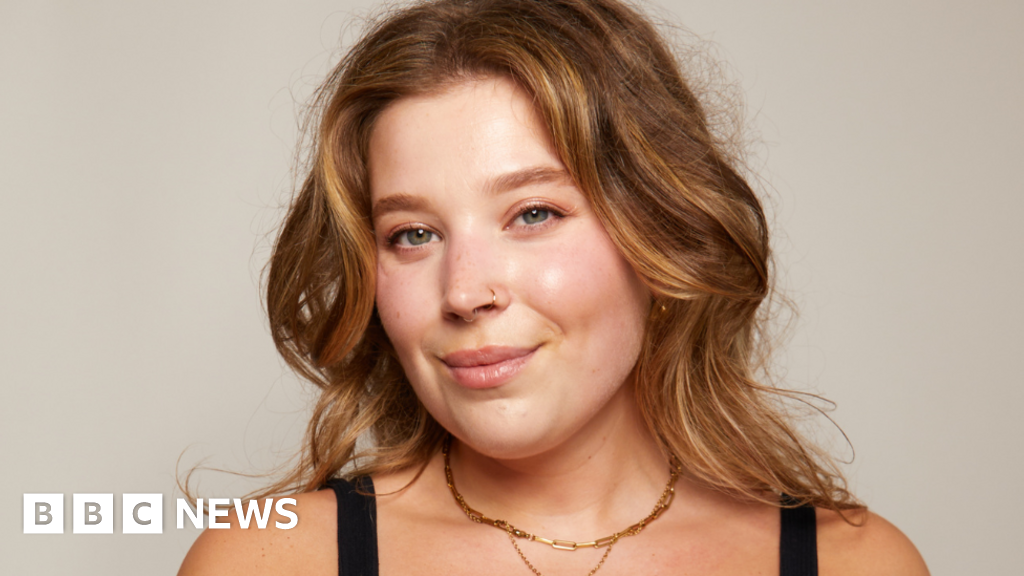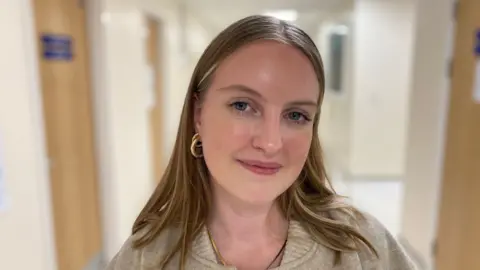 BBC
BBCA new study will seek to identify changes in the brain when teenagers experience period pain and whether it is linked to developing chronic pain in later life.
In what is described as a world first, researchers at the University of Oxford will conduct a trial of 11 to 20-year-olds using a range of tests including MRI scans.
Half of the 120 volunteers recruited into the RoADPain project will suffer from period pain and half will not.
Dr Katy Vincent, Professor of Gynaecological Pain, said not enough was known about severe period pain despite it being “incredibly common”.
Chronic pain
“I think it’s really important that we take period pain seriously,” she said.
“About 30% to 40% of teenagers and young women will have periods that are so painful that they can’t go to work, can’t go to school, can’t do their normal activities.
“If we can reduce the risk of people developing chronic pain in the future, that would be so much easier than trying to treat it once it’s developed.”
Dr Vincent said chronic pain, which is pain that lasts longer than three months, affects about 30% of the UK population and has a huge financial cost for the individual, society and for the NHS.
Researchers say it is much more likely to occur in women than in men, but it is not known why some develop it and others do not.
Dr Vincent said rates of chronic pain seem to develop during the teenage years – around the time girls start their periods.
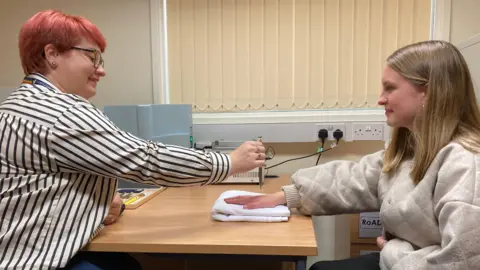
Eliza started getting painful periods when she was in Year 11 at secondary school.
Although her teachers were supportive, the 17-year-old said she still needed to take some days off when the pain got too much.
“It does prevent me from daily activities… it’s quite painful and I just want to be in bed all day,” she said.
Now at college, Eliza said the pain was getting worse, lasting up to a week and that painkillers no longer helped.
“It feels like a wet towel and you’re wringing it in your stomach and pain shoots down your legs and it hurts my back, just like an overall ache,” she said.
She added it sometimes affected her sleep, made her more emotional and left her feeling isolated.
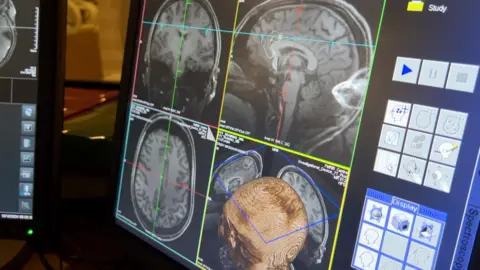
As part of the trial, the team will carry out a series of tests on volunteers who have had their period for one year, three years or five years to see when changes in the brain are most likely to occur.
The participants will be tested during their period and 10 to 14 days after their period has finished.
Post-doctoral researcher Dr Lydia Coxon said: “It’s understanding the biology, understanding the neuroscience behind the pain.
“I also think it’s really important if we can unpick the time in which these changes occur because that might be really important when we think about clinical intervention in treating period pain, when we need to target that treatment to make it especially effective.”
Dr Coxon said she felt it was time to change the narrative that all period pain is normal.
“Some people do experience period pain that is having a severe impact on their life and us telling them just to get on with it is never going to be helpful,” she said.
“And if we keep that narrative going it’s just going to be harmful and lead to much more distrust in the system.”

